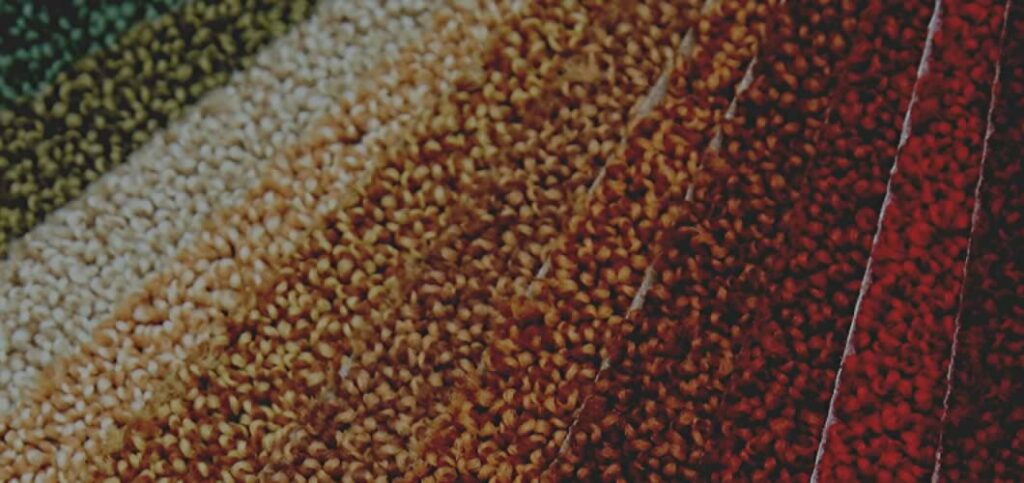Carpet Cleaning
Understanding Carpet Fibers Part 1
5 Carpet Fibers You Must Consider
Written by Clint Thorpe
Flooring in your home is a deeply personal choice and options almost always include carpeting. The main appeal of carpeting as a flooring material is its comfort and its ability to provide a cushioned, warm surface underfoot. Two characteristics to consider when choosing a carpet are:
- Type of natural or synthetic fiber used in the construction of the carpet
- The pile of the carpet refers to how many loops of fiber are attached to the carpet backing
These characteristics determine the comfort of the carpet, how it feels underfoot, and its wear characteristics. There are many types of fiber used in carpets but the most common are nylon, polypropylene, polyester, acrylic, and wool.
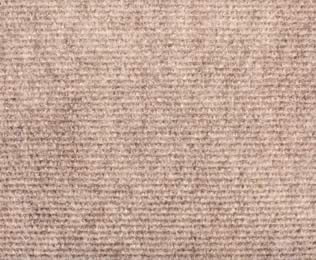
1. Nylon
Nylon is very soft, durable, and resistant to stains and abrasion. It is the most popular carpet fiber by a large measure, with up to 90% of all residential carpets being made with nylon. It has good resistance to wear, mould, mildew, and rot. It is easy to dye and holds colour well. It is usually affordably priced, less expensive than wool but more expensive than other synthetics. If cared for well, a nylon carpet can last 12 to 15 years, making it the most durable of the synthetic fibers used in the manufacture of carpets.
Pro Tip
It is extremely important to deep clean your nylon carpets at
least once a year to ensure the carpets longevity.
2. Polypropylene
Polypropylene is the next best-selling carpet fiber, used in almost 80% of all commercial applications and in growing numbers of residential environments since it is almost as soft as nylon and wears very well. Often used as a synthetic wool substitute, the fiber is highly stain resistant but is prone to soiling and holding onto oils which will, in turn, attract more dirt. It is, however, very easy to clean. Polypropylene is not as resilient as nylon so it is commonly used for loop-style carpets, such as Berbers.
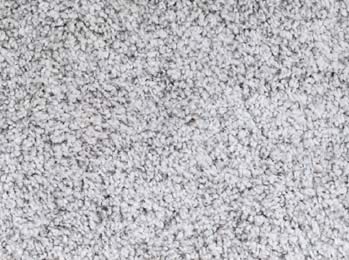
Pro Tip
Since this fiber is prone to soiling, protect your carpet by following a vacuum schedule to ensure dirt and other contaminants are removed from the carpet pile regularly.
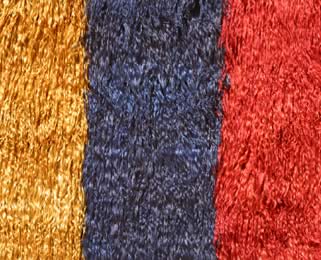
3. Polyester
Polyester is prized for its ability to hold vibrant, fade-resistant colours. The fiber is also non-allergenic. One type of polyester carpet, known as polyester/PET is made from recycled plastic bottles, making it eco-friendly as well. Its main drawback is that it is prone to flattening underweight, making it a bad choice for high traffic areas. It is also prone to oil stains which are extremely difficult to remove from the fiber.
Pro Tip
Polyester has a high luster appearance making this the best carpet
fiber option if beautiful coloured carpets is what you are looking for. Polyester carpets are vibrant compared to the somewhat dull, matt appearance of nylon carpets.
4. Acrylic
Often marketed as “synthetic wool” because it offers the feel and appearance of wool at a fraction of the price. Acrylic has good resistance to static electricity, moisture, mildew, fading, and staining but, it is not very durable and does not hold up well in high-traffic areas. It is sometimes blended with wool. Acrylics can turn brown if alkaline heavy detergents are used to clean them, so make sure you have a pH-neutral cleaner.
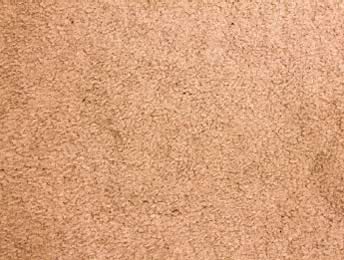
Pro Tip
Protect your carpets by ensuring you use properly formulated detergents when cleaning them. Cleaning Clinic Carpet Cleaner is professionally formulated and is pH neutral.
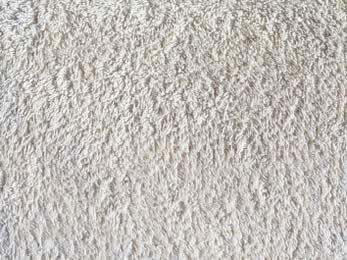
5. Wool
Wool, a natural, luxurious, long-lasting material is the softest carpet fiber you can find. Low-grade wool is susceptible to staining, while high-grade wool is extremely expensive. Some manufacturers combine wool with synthetic fibers to create a hybrid carpet with the benefits of both fibers. Blended carpets are very common.
Pure wool carpets are made with no chemicals or additives, which makes them an excellent choice for people with allergies or any kind of sensitivity to chemicals. But as a natural material, wool can be prone to damage from mould and mildew, which feed on organic substances. Wool is therefore not a good choice for areas where high humidity and moisture are an issue.
Pro Tip
Spend money on a high quality
vacuum cleaner to make sure your wool carpets are properly cared for. A water filtration vacuum used on wool carpets will ensure the air quality inside your home is kept as clean as possible.


